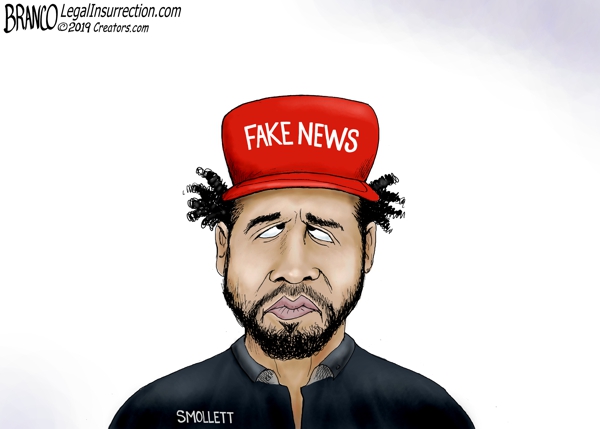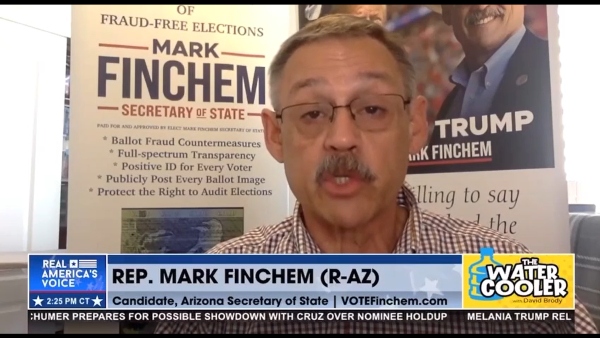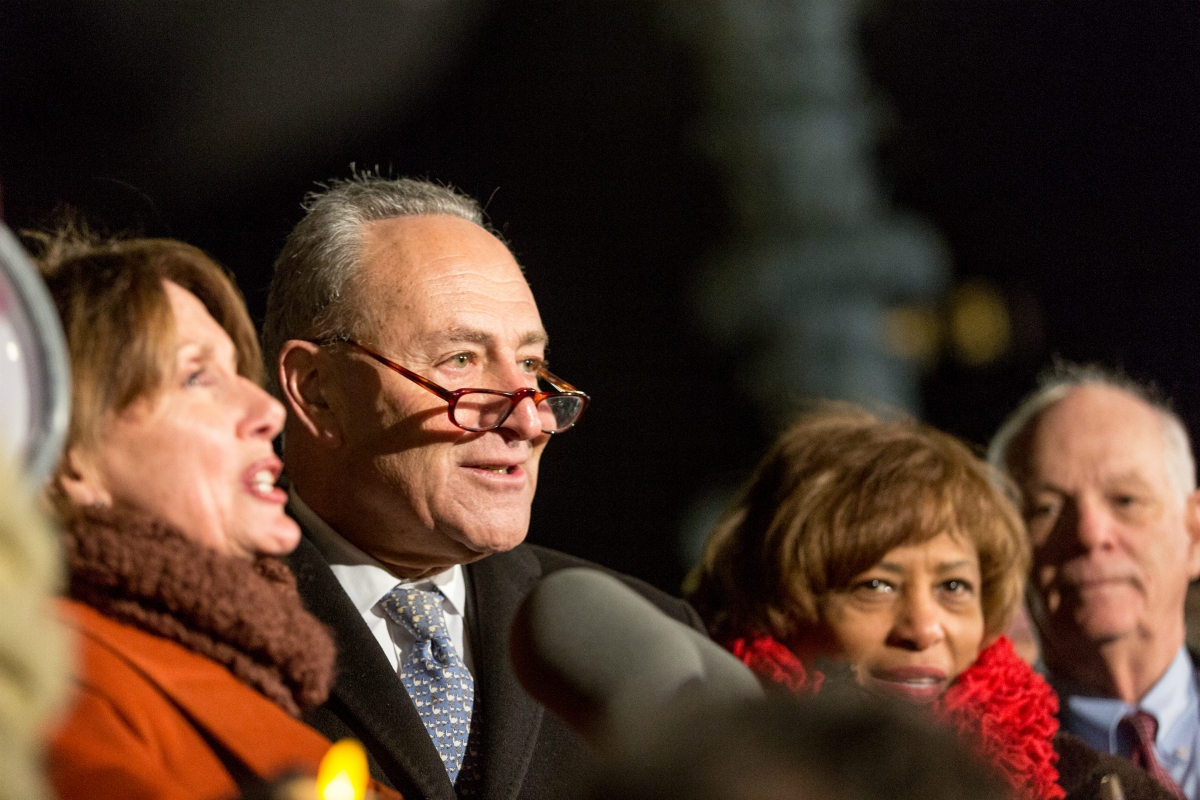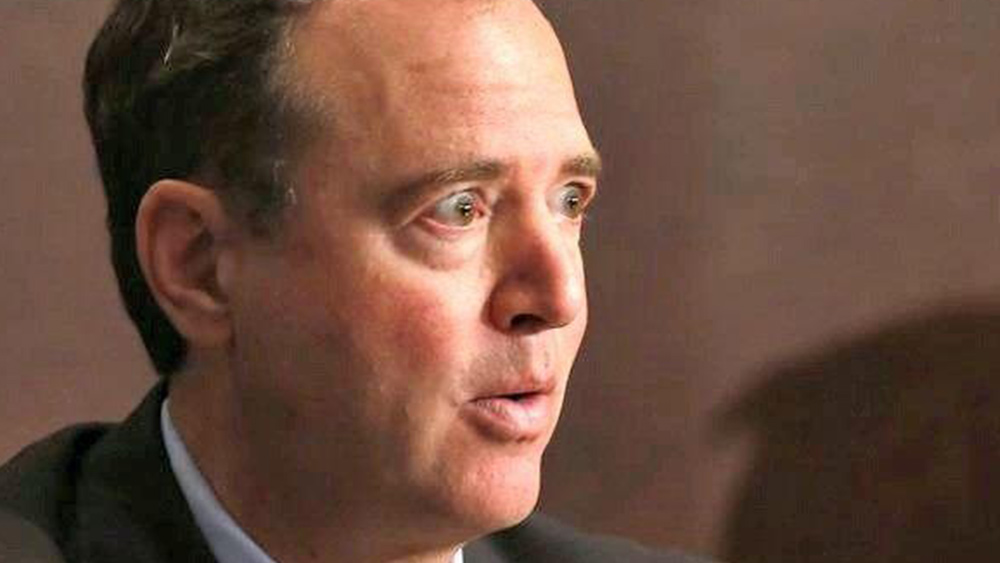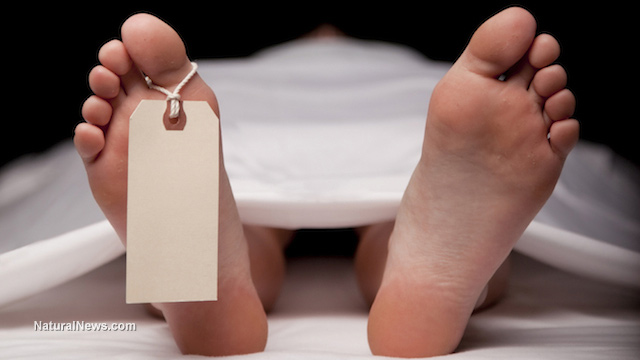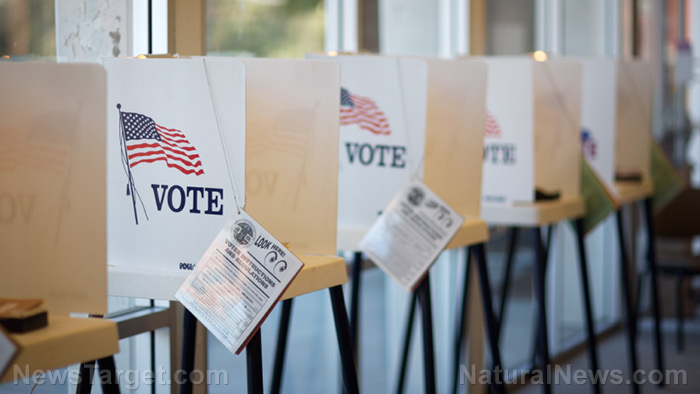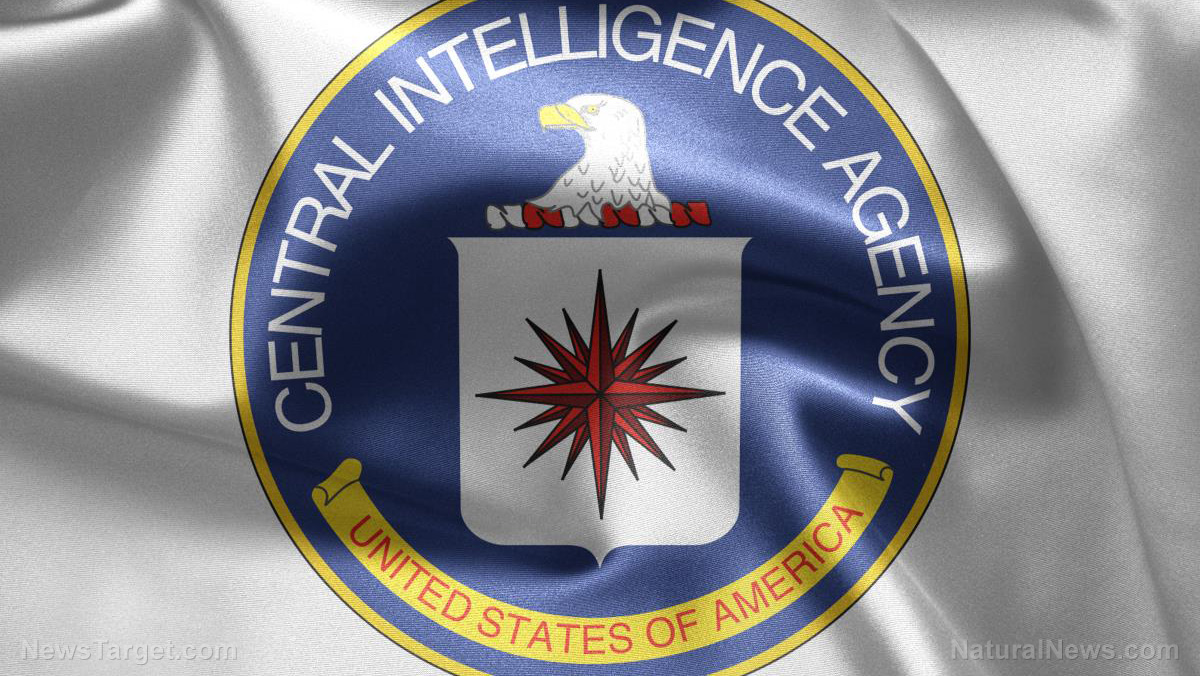Texan billed $4,000 for COVID-19 test, says he feels “deceived”
12/03/2021 / By Ramon Tomey

A Texas resident has received medical bills amounting to more than $4,000 after getting tested for the Wuhan coronavirus (COVID-19).
Jaden Janak got tested for COVID-19 following the death of his 75-year-old grandmother from the disease last year. He went to Tulsa ER & Hospital to avail of a rapid COVID-19 test, which he first assumed was free of charge. Under most circumstances, medical insurance often covers COVID-19 testing fees.
Janak received an unpleasant surprise when he received two medical bills totaling over $4,000. The first bill amounting to about $2,700 covered emergency room and laboratory fees. Meanwhile, the second bill charged him about $1,300 for doctor’s fees.
He told CBS News correspondent Anna Werner: “I felt very angry. I felt deceived. What if this happens to someone else, and they do truly believe that they are personally liable for these charges? How are they going to be able to make ends meet, given where the economy is?”
South Carolina couple Barry and Jamie Constanzo also experienced the issue back in September. They were planning to visit their grandchildren when they developed what they initially thought as COVID-19 symptoms. The Constanzos went to Conway Medical Center, the only location with rapid COVID-19 tests at the time.
While they tested negative for SARS-CoV-2, they received a $570 joint bill. The Constanzos were originally charged $771 each for an emergency room fee, but the insurer refused to pay the fees in full. Thus, the couple is now appealing their bill.
Barry Constanzo said: “They tell you you’re negative, then they ask you why you’re here – and then they look in your ears, nose and mouth. The next thing you know – you get a bill, non-COVID related.”
His wife Jamie Constanzo said: “Why would I go to a hospital or to any testing site for COVID if I was there for allergies?” Given what happened, she advised people wanting to get a COVID test to head over to a pharmacy instead of a hospital. (Related: More foolish examples of widespread COVID-19 testing.)
Hospitals, medical insurers respond to the complaints
Blue Cross and Blue Shield of Texas (BCBS), Janak’s insurance provider, issued a first check for the bills. However, a second check sent to him never arrived. This left Janak fighting the hospital bill and getting collection calls for almost a year. BCBS later said that the second check would be reissued to him.
Meanwhile, Tulsa ER & Hospital told CBS News it will accept whatever payment BCBS sends to Janak and once they get it, he will no longer have any arrears. Hospital officials added that they have since changed the process with BCBS so patients like Janak are no longer in the middle. Payments now go directly to the hospital under the new scheme.
BlueChoice HealthPlan of South Carolina, the Constanzos’ insurance provider, did not respond to repeated requests for comment.
Meanwhile, Conway said the couple should have gone to the free drive-through COVID-19 testing if they wanted to get tested without paying. “Conway Medical Center has free COVID-19 drive-through testing offered seven days a week from 8 a.m. to 4 p.m. If a patient comes to our emergency department requesting just COVID-19 testing, they are referred to the free drive-through testing,” hospital officials told CBS News.
According to the hospital, the Constanzos went to the wrong place – the emergency department triage tent. Since they were technically at the emergency room, the hospital said it was “legally bound to medically evaluate, treat and discharge them.” Conway treated the Constanzos for allergies, something the couple did not ask for.
COVID-19 testing is a scam
It appears that the COVID-19 test Janak and the Constanzo couple sought and were billed for is a scam, as revealed by an internal document from the Food and Drug Administration (FDA). Based on the document, the reverse transcription polymerase chain reaction (RT-PCR) test utilized a mix of human and cold virus cells. This mix was used “since no quantified virus isolates of the 2019-nCoV were available at the time the test was developed.”
The FDA document also admitted that based on recommendations by the Centers for Disease Control and Prevention (CDC), pooling up to four samples “is suitable for use” with the RT-PCR tests. The CDC cited “strong demand for higher throughput testing approaches” and “a global shortage of nucleic acid extraction reagents” for this guidance. (Related: FDA document admits “covid” PCR test was developed without isolated covid samples for test calibration, effectively admitting it’s testing something else.)
However, the document warned that pooling RT-PCR samples together “has the potential to decrease sensitivity” as the specimens become diluted. This would result in “a low concentration of viral genetic material below the limit of detection of a given test.” RT-PCR tests have been dubbed the “gold standard” for COVID-19 testing.
The CDC announced in July that it would withdraw its emergency use authorization request for the RT-PCR test. It also called on testing laboratories to utilize another FDA-authorized test to determine COVID-19 infection.
“CDC encourages laboratories to consider adoption of a multiplexed method that can facilitate detection and differentiation of SARS-CoV-2 and influenza viruses. Such assays can facilitate continued testing for both influenza and SARS-CoV-2 and can save both time and resources as we head into influenza season.”
Pandemic.news has more articles about COVID-19 testing in hospitals.
Sources include:
Tagged Under: CDC, covid-19 pandemic, covid-19 testing, deception, FDA, hospital bills, insurance providers, medical insurance, RT-PCR test, scam, science fraud, Wuhan coronavirus
RECENT NEWS & ARTICLES
COPYRIGHT © 2018 DECEPTION.NEWS
All content posted on this site is protected under Free Speech. Deception.news is not responsible for content written by contributing authors. The information on this site is provided for educational and entertainment purposes only. It is not intended as a substitute for professional advice of any kind. Deception.news assumes no responsibility for the use or misuse of this material. All trademarks, registered trademarks and service marks mentioned on this site are the property of their respective owners.



